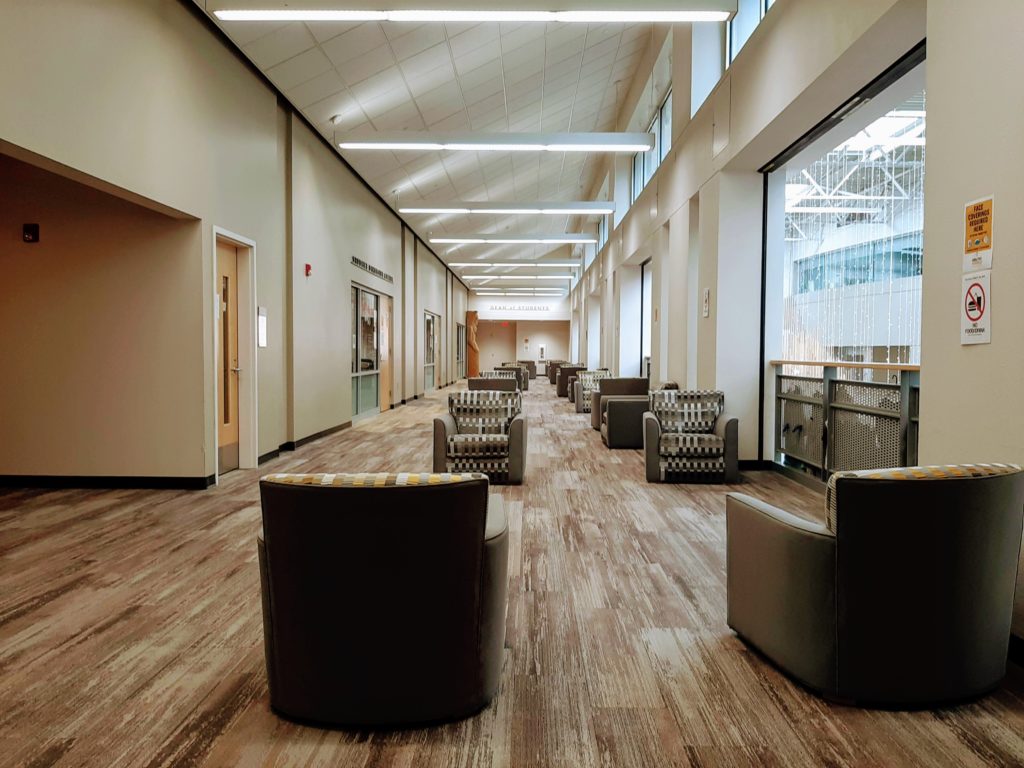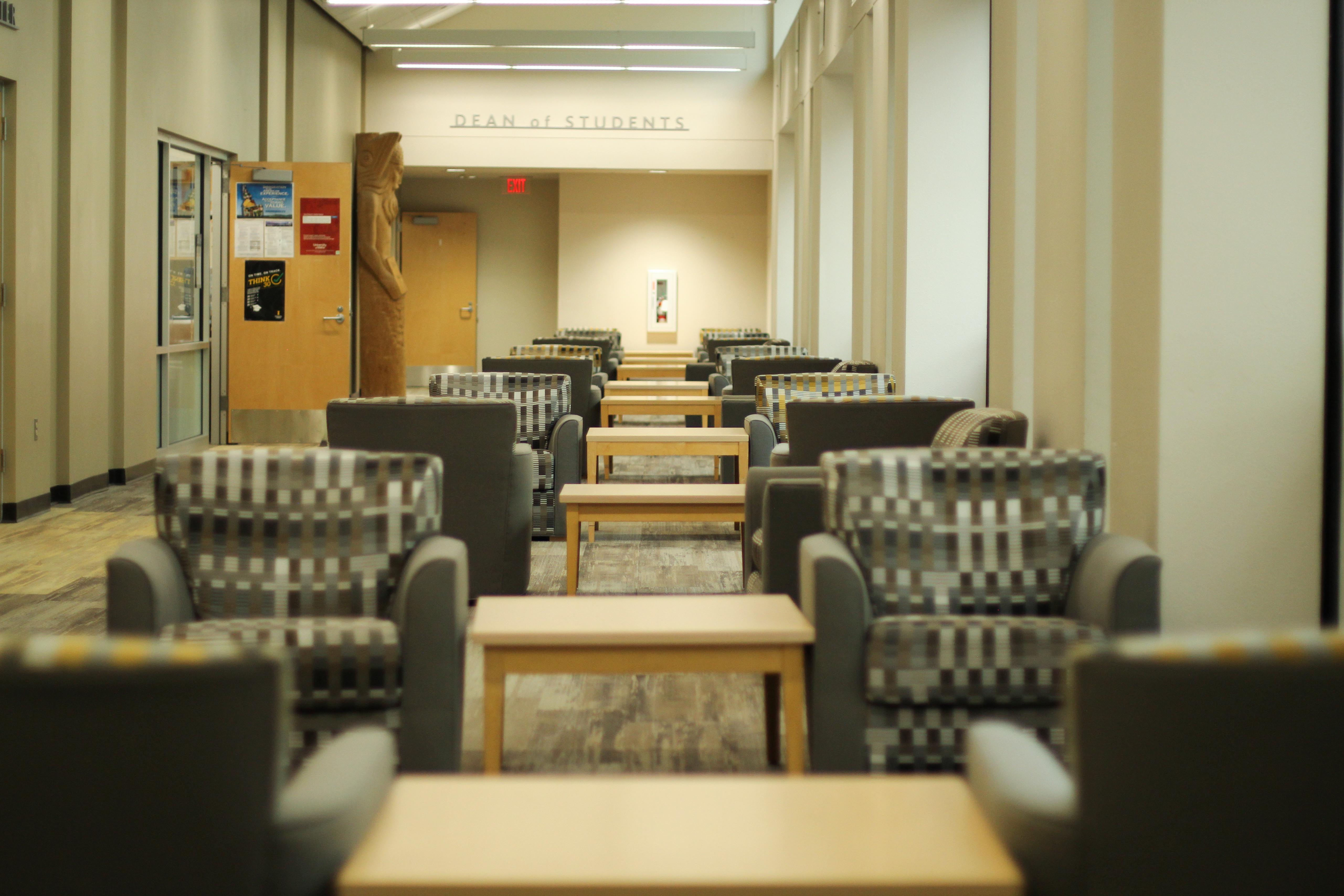![]()
Altered seating during the pandemic | Bailey Brockett | Argonaut ![]()
ISUB seating post COVID-19 precautions | Hailee Mallett | Argonaut
Following an entire academic year amidst the COVID-19 pandemic, students are anticipating a sense of normalcy this upcoming fall semester. While many plans are still up in the air, with the spread of the Delta variant, here’s a look into parts of University of Idaho’s campus this fall.
COVID-19 Safety Protocols
Previous masking and social distancing protocols required masks everywhere on campus, limited public seating and restricted room capacities. Now, the university plans to relax many of these measures.
“With the arrival of the vaccine, we are looking for a more of a ‘fall 2019’ experience than ‘fall 2020,'” Dean of Students Blaine Eckles said.
With recent developments in the spread of the Delta variant and following the Centers for Disease Control and Prevention’s guidelines, UI now highly recommends students wear masks indoors whether or not they are vaccinated. As of the beginning of August, masks are not required on campus.
“We are planning to go back to full capacity at all facilities and masks are not required,” Director of Communications Jodi Walker said.
Students are highly encouraged to get vaccinated as well, but it is not required. Those not vaccinated are encouraged to continue social distancing.
“What we also want to do is normalize that some people may be vaccinated, but still feel comfortable engaging in social distancing or wear face coverings,” Eckles said. “We want to support those folks protecting themselves to the extent that they feel they need to.”
Temperature check points at building entrances will no longer be in place. The majority of limited seating will return to normal and social distancing marks will be removed, though there may be some exceptions.
As plans are still being made with advisement from Public Health – Idaho North Central District. Some decisions could see changes by the time the semester begins.
Students can expect new email updates through August.
“Once you hit Aug. 1, that’s when you should be checking your university email on a regular basis,” Eckles said.
COVID-19 Testing and Vaccinations
An area of the Student Recreation Center was adapted for the use of COVID-19 testing and vaccinations over the past year, in partnership with Gritman Medical Center. Being tested for the virus was required to attend any in person classes.
This fall, vaccine clinics are expected to continue on campus in partnership with a local drugstore, but at a smaller scale with details still to be finalized.
COVID-19 tests will not be required for attendance and will not be available on campus. Randomly selected satellite testing and testing clinics will no longer be continued either.
“At this point, we wouldn’t have any way to track (cases) as we are not doing testing,” Walker said.
Instead, Dean of Students Blaine Eckles urges students to submit online CARE reports if they are diagnosed with COVID-19. Students can also contact the university at [email protected].
“It’s now really shifting to individual responsibility and making sure that individuals are communicating,” Eckles said.
An on campus isolation unit, Targhee Hall, will remain for students who may test positive for COVID-19.
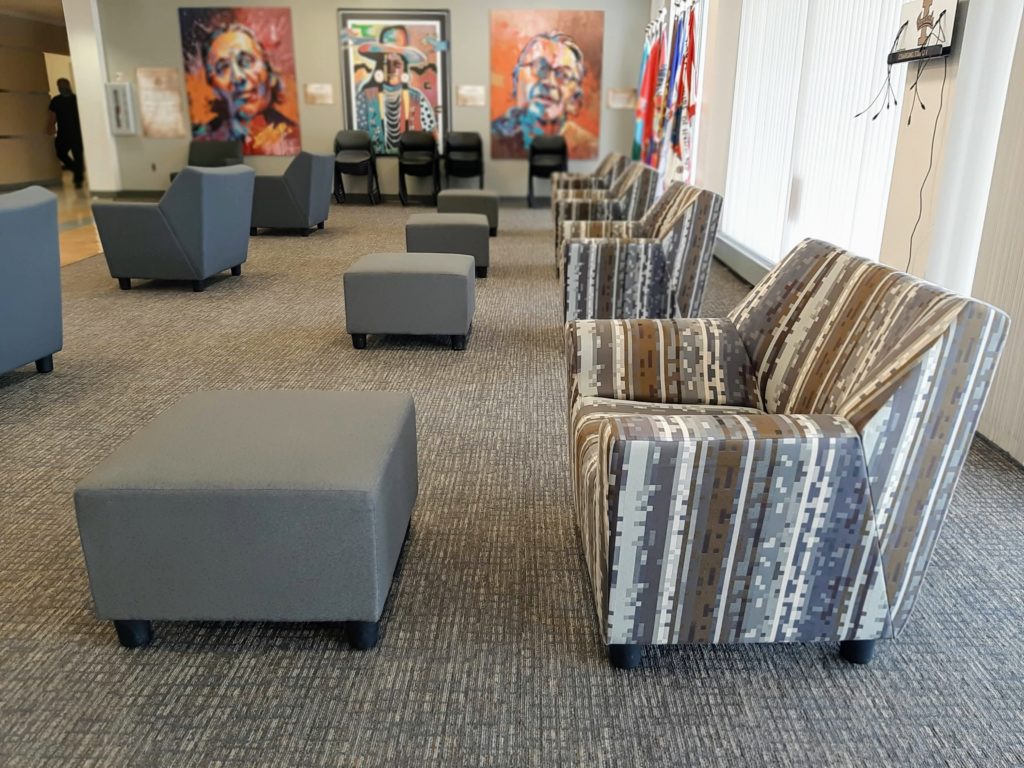
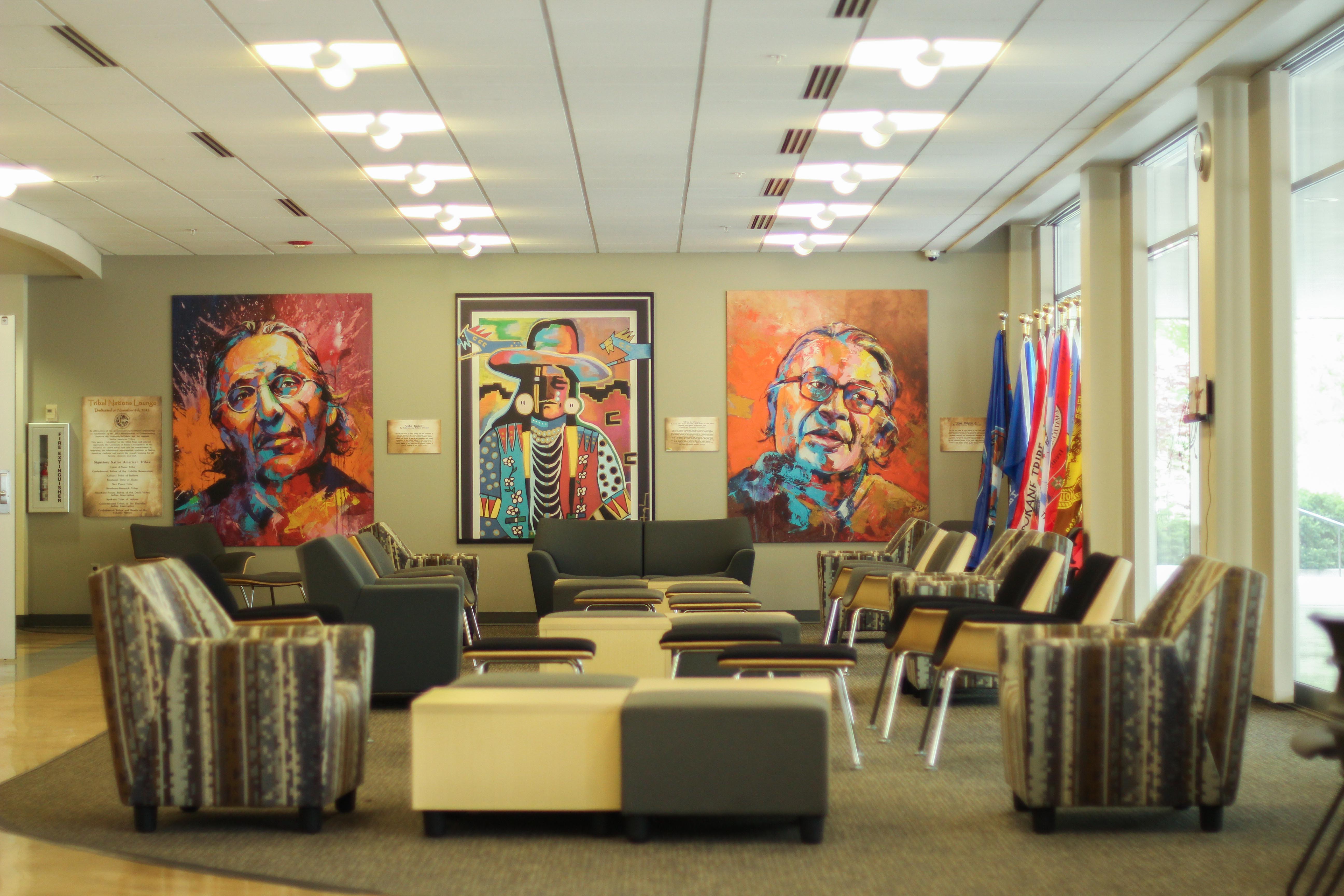
Housing and Residence Halls
Students in dorms this past year had a much less social environment than usual. Public lounges on individual floors were closed and masks were required in hallways. Guest policies were restrictive, not allowing guests in from other buildings.
The Theophilus Tower, known as being a social freshman dorm, was labelled a “high density” location with the number of students on a floor and the use of communal bathrooms. This pushed the university to limit all rooms to single rooms after discussion with Public Health.
According to Associate Director of Housing & Residence Life Corey Ray, many of these decisions will be reversed for the fall.
“Basically, operations will be returning to normal for the fall, and that includes housing,” Ray said.
Guest policies will be relaxed to allow outside visitors, lounges will be opened and double rooms will once again be available in the Tower.
Residence hall traditions were kept up in limited capacity, but continued to be an opportunity for students to connect during the pandemic.
“We are proud to say none of our activities were the cause of an outbreak,” Ray said.
As for events, students can expect the return of some UI staples. Area wide events, like the Tower Trick or Treat, will be back to how they are usually run.
Paint the Palouse, a service project where students volunteer to paint houses in the Moscow community, will be returning on Aug. 28. The Paint Party, organized in conjunction with ASUI, will be held Aug. 27 with live music and black lights.
Other events, like Palousafest on Aug. 21 and sporting events, are all expected to return to normal as well.
“Back to normal, unless the climate changes – that’s the caveat to all of this,” Ray said. “Everything’s back to normal until we hear otherwise.”
Ray found that while some students thrived in the pandemic, others struggled with the isolation. He especially urges first years, whether true freshman or those who took a break, to get involved on campus.
“It’s all about the student choice,” Ray said. “I hope students embrace being back on campus and I hope students that took a gap year know we are here for them.”
Students can schedule move-ins on the Housing and Residence Life website. Slots are available Aug. 18-19 for new students and Aug. 20-21 for those returning.
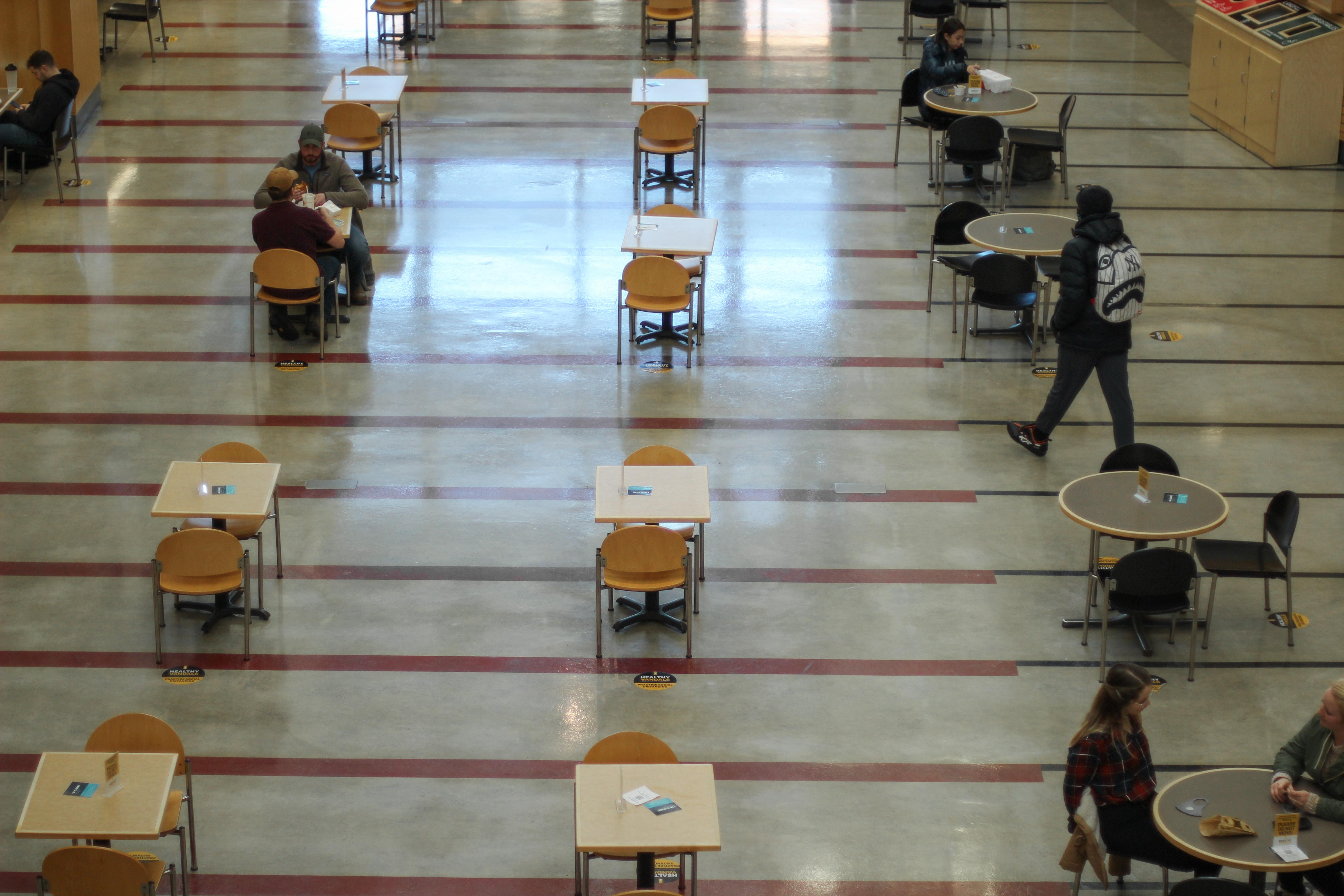
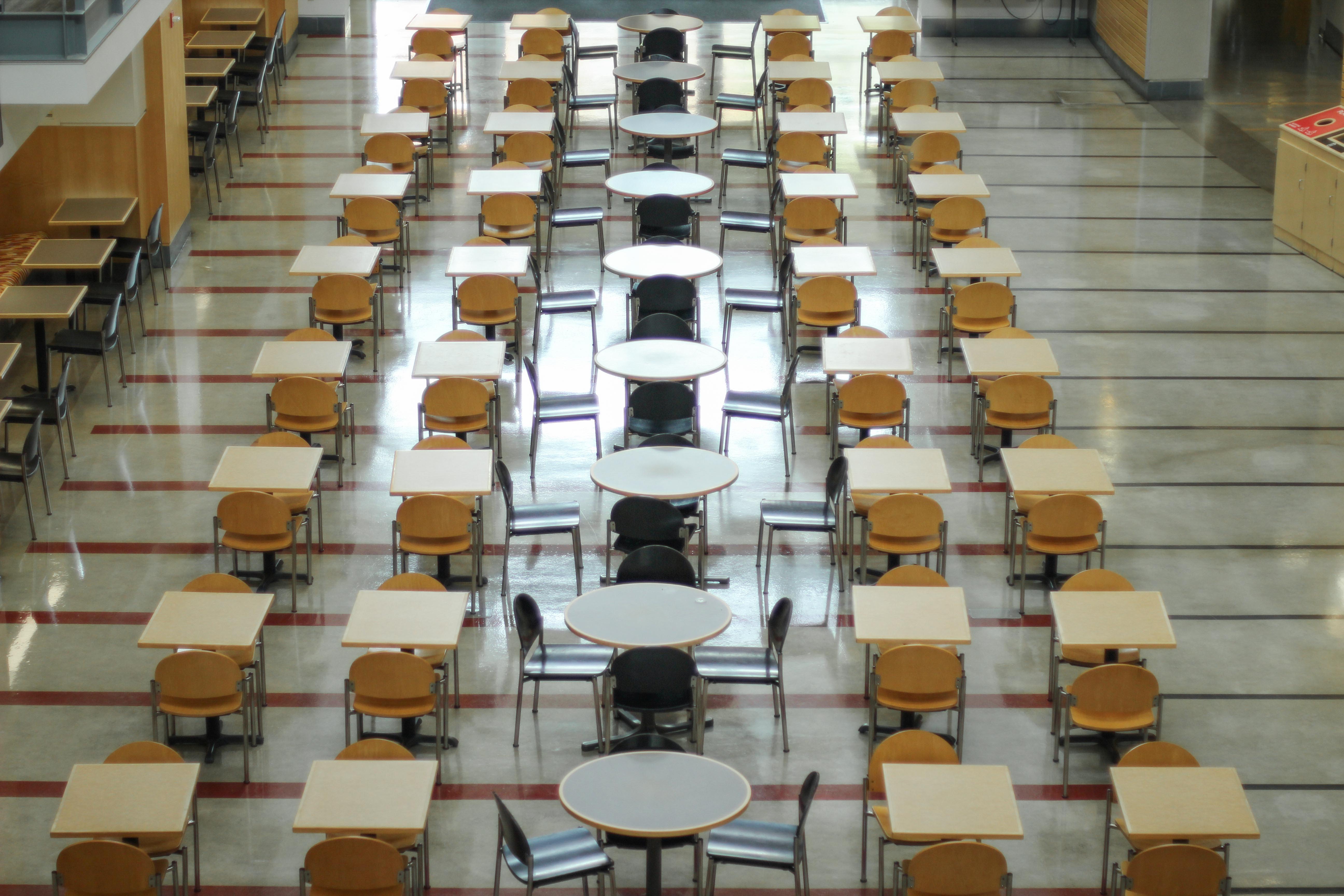
Campus Dining
Following over 20 years with the same food vendor Sodexo, UI has signed with a new vendor, Chartwells.
The past year, congested dining locations on campus had to adapt to social distancing and masks. Seating was limited and many locations on campus no longer allowed food. The Hub, now known as the Eatery, began to offer to-go options when it previously had been dine-in only with a buffet style setup.
This semester, food will most likely continue to be served by workers, but with more of an emphasis on dining in.
A new “meal exchange” option will allow students to use meal swipes normally just used at the Eatery at other campus locations as well. So now, both dining dollars and meal swipes can be used across campus.
Changes like this are a part of new food vendor Chartwells’ plans to restructure food options on campus, aiming to provide a larger variety.
“If you took your favorite restaurant, and you always ate there for 100 days straight, even you would get tired of your favorite restaurant,” Associate Director of Housing & Residence Life Corey Ray said. “(Chartwells) is keeping the selection fresh.”
Students have until Aug. 27 to change their meal plans.
Further information about the new dining scene can be found on The Argonaut’s website.
Counseling and Testing Center
With the pandemic beginning in the spring last year, the Counseling and Testing Center had to adapt quickly by moving services from fully in person to fully online. This form of online service is referred to as telepsychiatry, where psychiatric care is done virtually. In this case, many services were provided through Zoom.
The CTC offers free and confidential services to students, including individual counseling and group therapy.
Martha Kitzrow, a psychologist and training director at the CTC, said that in this transition, the total number of appointments being made has actually increased in the past year.
“Students have been able to access the full range of CTC services from that date (the beginning of the pandemic) through the present,” Kitzrow stated in an email. “They did not hesitate to use CTC services.”
The move online has allowed for students not on Moscow’s campus to receive services as well.
For this fall, the CTC will be returning to in-person services while also continuing telepsychiatry appointments. In-person services will see some limitations, but details are still to be determined. Kitzrow cited the Delta variant as reason for potential changes.
“I think the most important message we want to get across is that we are open for business and have been throughout the pandemic,” Kitzrow stated.
More information can be found on the CTC’s webpage and counseling appointments can be made over the phone at 208-885-6716.
Haadiya Tariq can be reached at [email protected] or on Twitter @haadiyatariq
